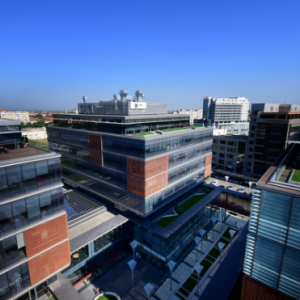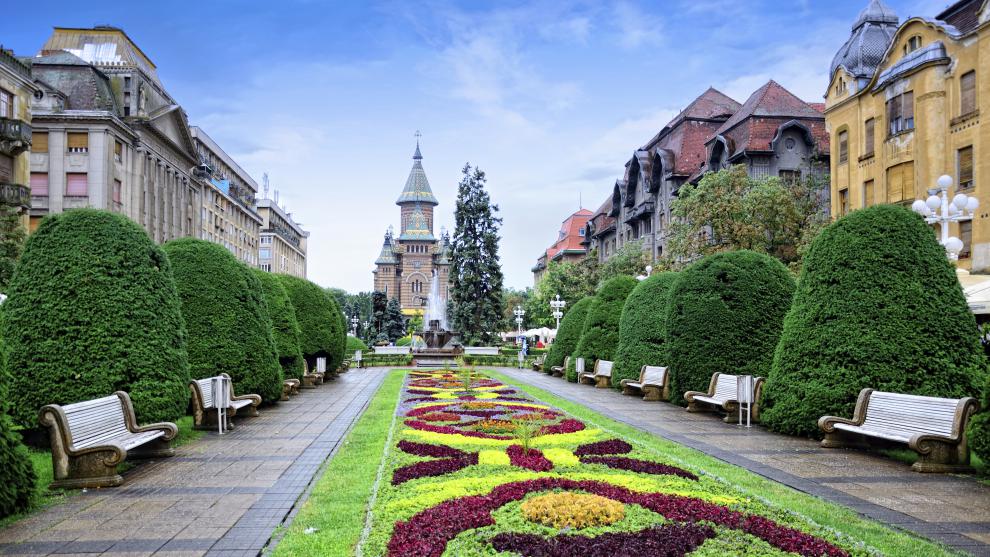There are several international annual reports, published by prestigious organisms, that deal with Competitiveness.
The World Economic Forum Global Competitiveness annual report is, beyond a shadow of a doubt, one of the most important.
In the last edition for 2019 (t.ly/wRvze ) the reader can find the results of analyzing 141 countries under 103 indicators grouped in 12 pillars, which are: Institutions; Infrastructure; ICT adoption; Macroeconomic stability; Health; Skills; Product market; Labour market; Financial system; Market size; Business dynamism; and Innovation capability.
The data is provided by 141 partner institutes, one per country, and the authors clearly explain the methodology on page 627, so I am not going to get in these details.
What is important to note is that not one single indicator (question) is similar to “How cheap do you sell your products?”. As said in previous posts, the Competitiveness of a country is not based on the price of the sell of its manufactures and services. It is, in fact, the other way around: A country’s (or company’s) Competitiveness will have an impact on the selling price of a product.
The 12 pillars group parameters that have to do with the daily life of people and companies. Some deal with basic things such as the years of schooling, access to electricity, the reliability of police services or the inflation, and others respond to some “more sophisticated issues” such as Judicial independence, internal labour mobility, fibre internet subscriptions or conflict of interest regulation. All of these 103 indicators will be measured, pondered, and incorporated into the final analysis.
According to the World Economic Forum, Competitiveness is how countries create the best economic, social and environmental conditions for economic development. They say that striving for competitiveness is striving for rising prosperity, creating more opportunities for all. You can access a youtube presentation at t.ly/Eppa
I have met politicians, some in high positions such as ministers, who do not understand this definition of Competitiveness, to them, it is just a matter of price. It should be clear: to make their country competitive does not mean lowering salaries nor depreciating their currency. It means much more. It means to make it a prosperous place where companies thrive, where the State is healthy and, the most important, where citizens carry a good, qualitative life.
Competitive countries are countries where people and companies like to live and to do business. They attract professionals, workers and investments from other parts of the world.
Uncompetitive countries are, on the contrary, those where citizens think of moving away, where companies have difficulties to grow their activity in healthy conditions and where international investors will think twice before moving in.
Politicians do not like to know this fact, preferring to live in a bubble. To improve competitiveness requires a lot of work and close coordination among many people. More often than not, to solve an issue, unpopular measures have to be taken, and they think of the forthcoming elections. But the reality is callous. Denying it leads to no good. I remember sitting with one minister and pointing out that his country was losing competitiveness. He denied it. Not only: he said to me that his country was one of the most competitive in the world. In the list, it is not even within the first 50, and I am sure it will continue far from the top for some time.
A government worried about enhancing the competitiveness of their country (and their global economic position in the world) should take the list and start tackling the 103 indicators, to improve them. Everything I have written before applies equally to regions and municipalities. Are people happy to live in your city, or do they think of moving out? Are companies in your area investing and growing or they complain of bureaucracy and difficulties that they cannot solve alone?
To be among the most competitive countries in the world is a hard task. To actively engage in the race is an obligation of any politician with their citizens.





